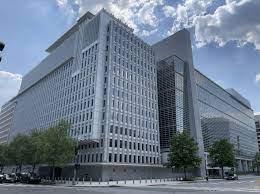
Oscarline Onwuemenyi
13 August 2015, Sweetcrude, Abuja – The Nigerian Electricity Regulatory Commission, NERC, has complained to the Chief Judge of the Federal High Court, Justice Ibrahim Auta, over what it considers the threat that incessant court injunctions against its regulations pose to Nigeria’s power sector reforms programme.
The Chairman of NERC, Dr. Sam Amadi raised the alarm in the letter that recent court injunctions that were sought and obtained by some electricity consumers in the country to restrain electricity distribution companies (Discos) from charging validly approved tariffs could derail the progress of the power sector.
In the letter, which was copied to the Vice President, Yemi Osibanjo and the Permanent
Secretary in the ministry of power, Godknows Igali, a copy of which was obtained by our correspondent in Abuja, the NERC boss warned that the increasing spate of interim court injunctions against NERC in some cases and the Discos constitute a subtle threat that can undermine the success of the power sector reform.
According to him, the injunctions are reckless and inconsiderate. He equally said that they do not merit such interventions from the court.
Amadi explained amongst others in the letter that, “the present instances where distribution companies are damned by interim injunctions restraining them from charging validly approved tariffs from consumers without a valid case being laid before the courts and without NERC being asked to explain its exercise of regulatory powers could destroy investors’ confidence and reverse the gains we have made through the creation of a private sector-led electricity market.”
While indicating that the discos are now being stopped from doing their jobs, the chairman said: “Some of these interim injunctions have restrained these companies from fulfilling their statutory responsibility of providing electricity to customers or collecting duly approved tariffs from some categories of customers until the determination of the suit.”
He cited several of such court injunctions and explained that while the commission is not challenging the powers and competence of the court to grant such injunctive reliefs, it would however appear that their issuance was not well considered.



